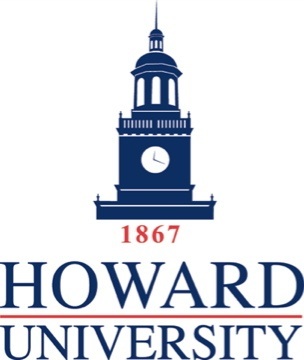Taken from I'm First Guide to College
Here you'll find a list of specialized schools with a brief blurb about each. For more information and to see lists of schools in each category, check out the I'm First website and search for them using the "Advanced Search" option.
Historically Black Colleges and Universities
While Historically Black Colleges and Universities (HBCUs) represent on 3% of American institutions of higher learning, they graduate nearly 25% of all African Americans who earn Bachelor's degrees. HBCUs are leaders in training young professionals--especially in the arts, business, and sciences--who are prepared to address the unique needs of the African American community.
Hispanic-Serving Institutions
Did you know that over half of all Hispanic and Latino undergraduate students in higher education are enrolled in less than 10% of institutions in the United States? This concentration of Hispanic enrollment gave way to a federal program designed to support colleges and universities in the United States that assist first-generation, majority low-income Hispanic students, not known as Hispanic-Serving Institutions (HSIs).
Women's Colleges
 Women's colleges are institutions founded in order to provide female scholars with an outstanding education. Most often, these colleges are small and private. Many are also affiliated with a certain faith.
Women's colleges are institutions founded in order to provide female scholars with an outstanding education. Most often, these colleges are small and private. Many are also affiliated with a certain faith.Faith-Based Institutions
Faith-based colleges and universities are those related to a faith tradition. In the U.S., this mostly means their heritage is Roman Catholic, Jewish, or Protestant. In only rare cases are there religious requirements to gain admission, and most of these institutions have diverse student bodies.
Military Service Academies
Scattered around the United States, military service academies prepare students to become leaders in a specific branch of the armed forces, such as the Air Force or Coast Guard. Generally, students are provided with access to specialized, career-aligned paths of study as well as courses in the liberal arts. Students earn a Bachelor's degree, often at little or no cost.
**Click here to take the quiz and earn College Knowledge points!**

